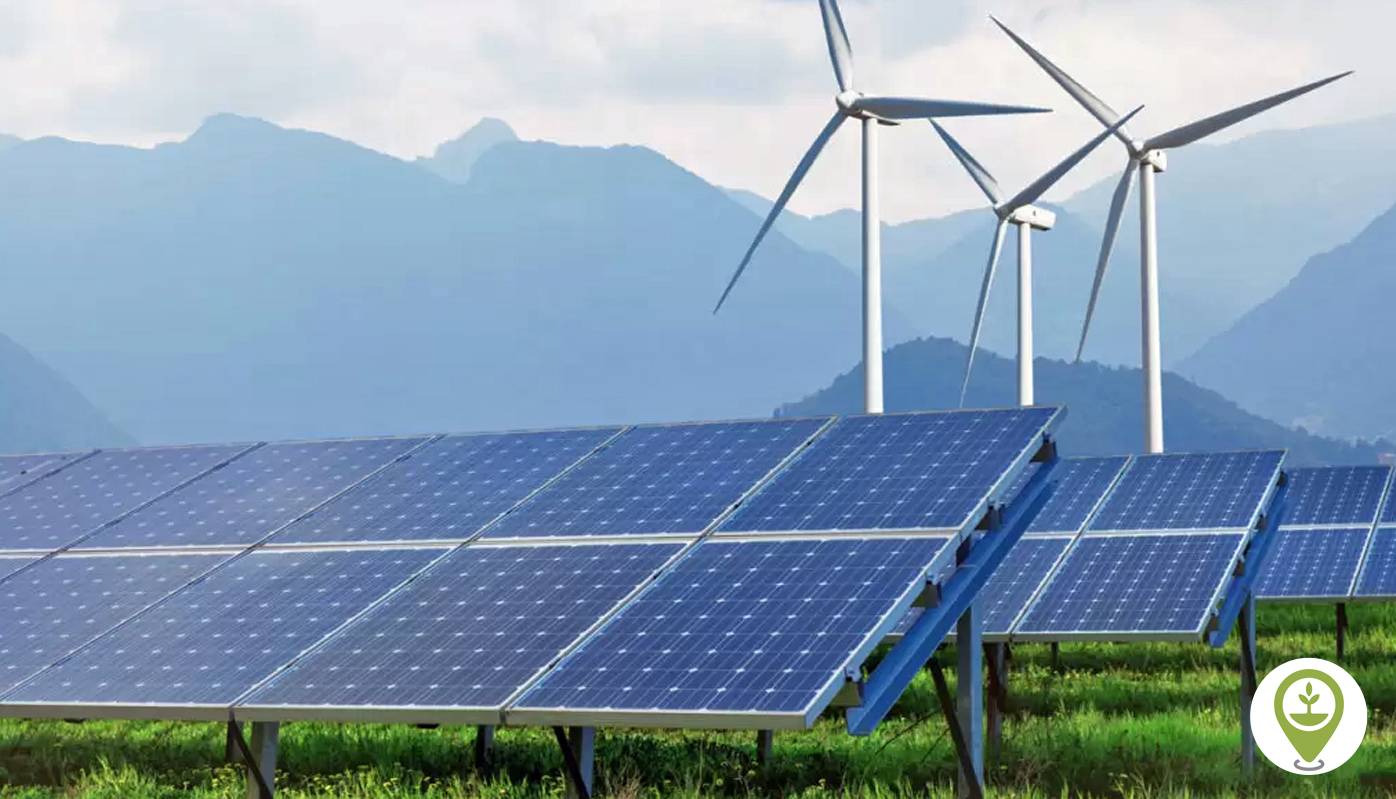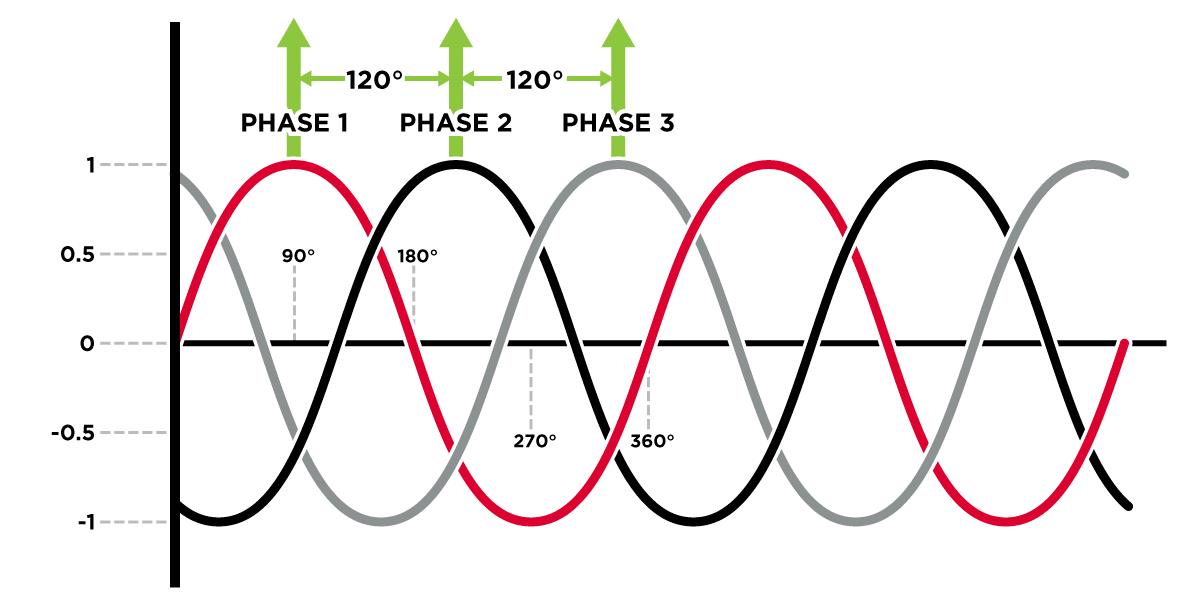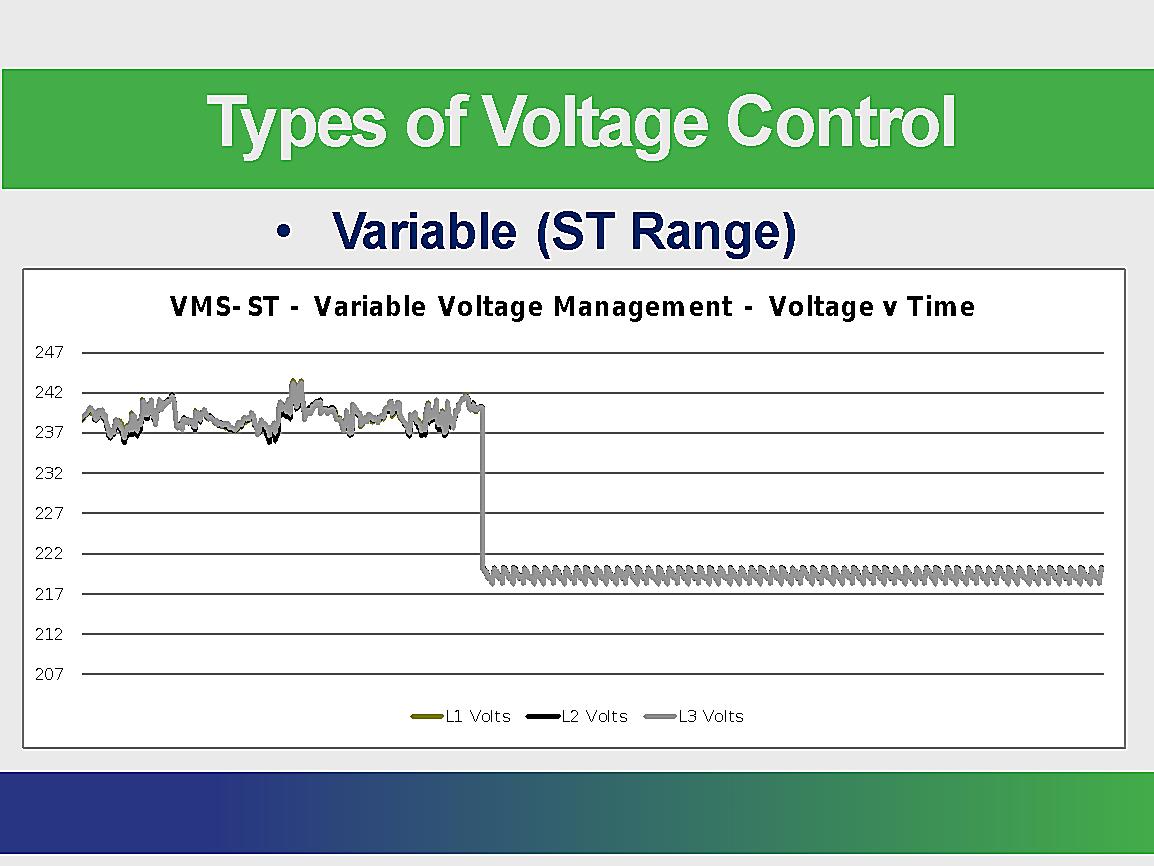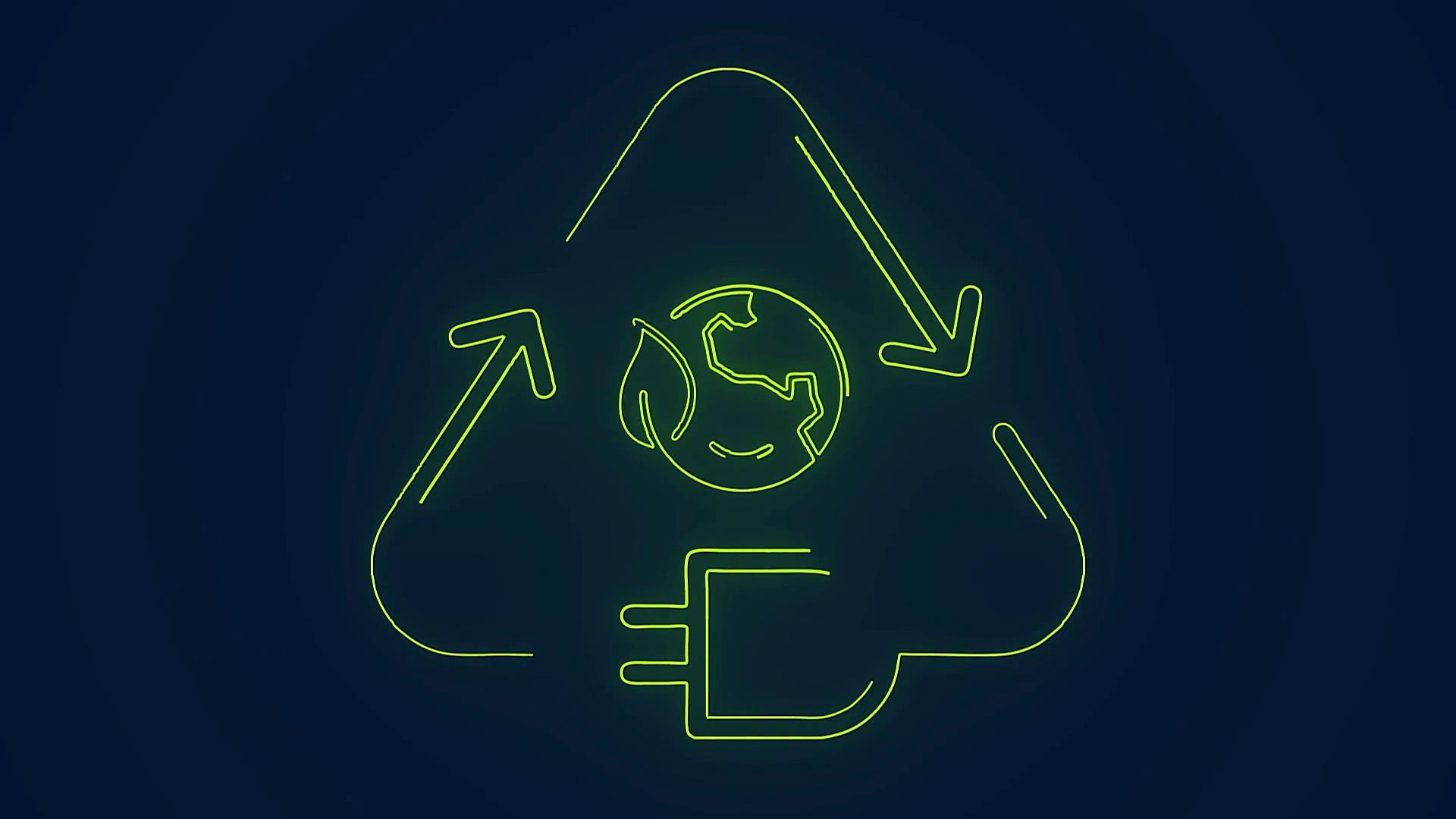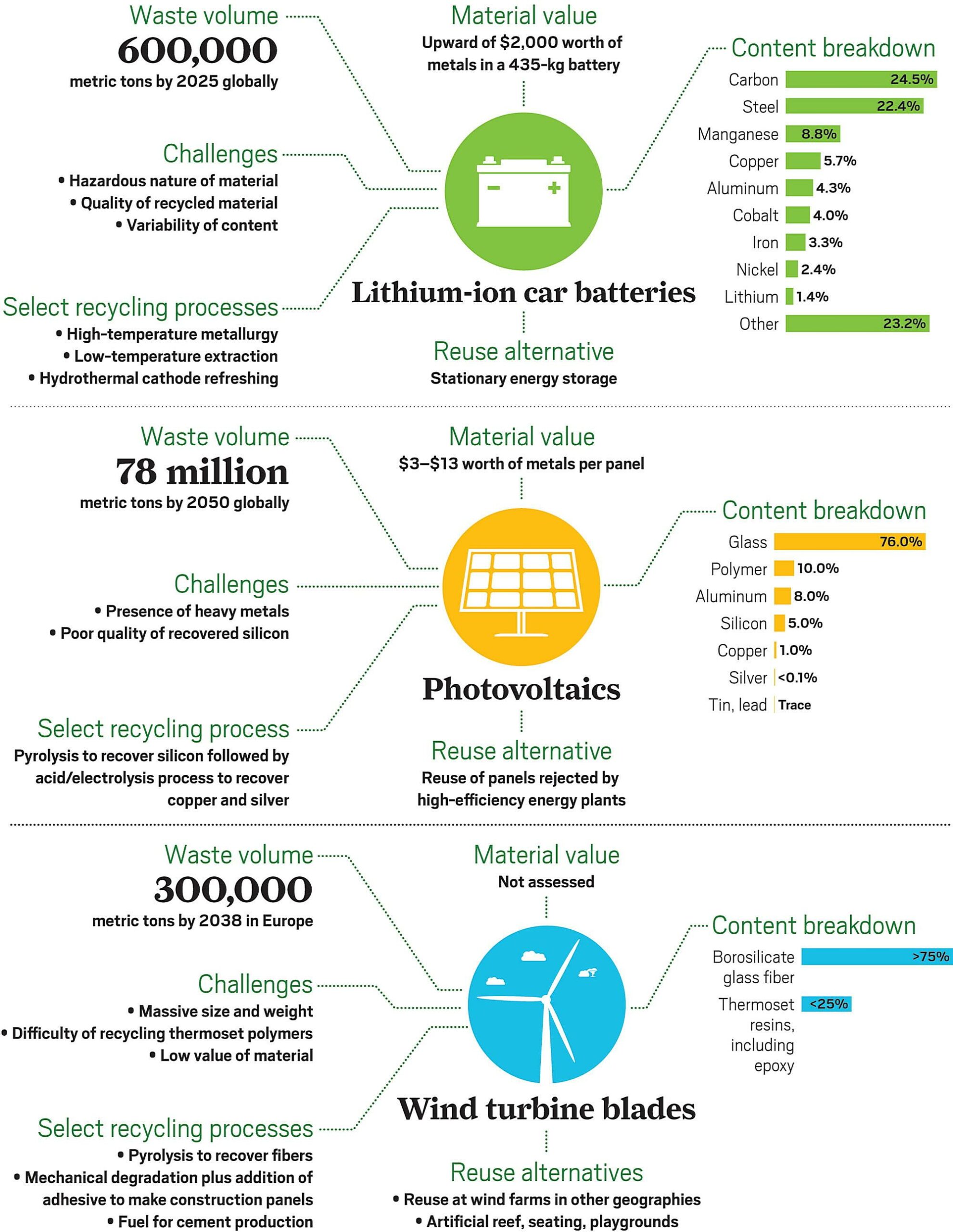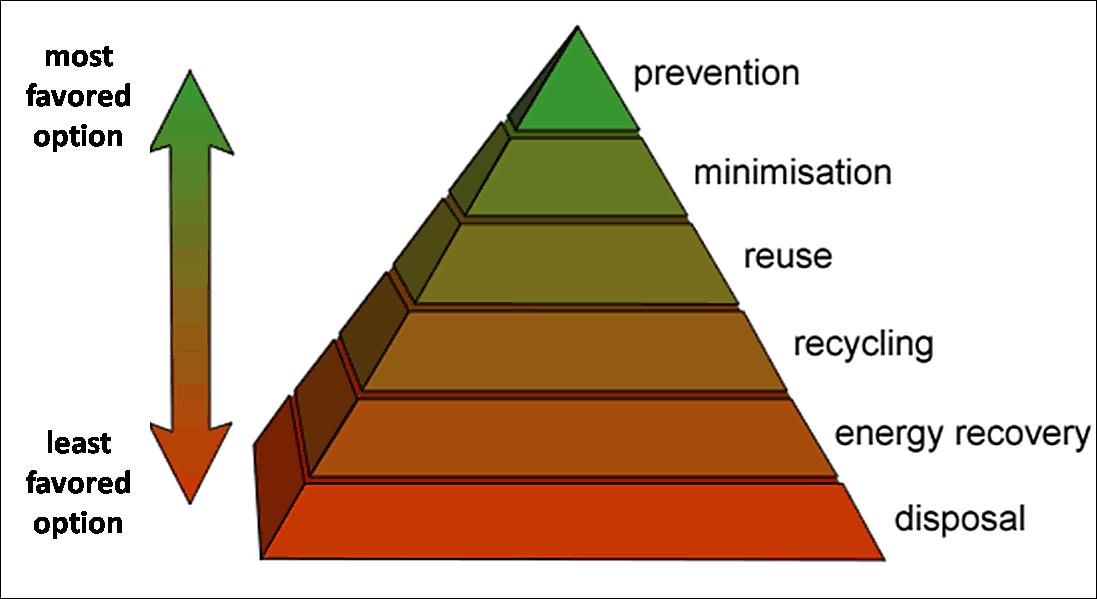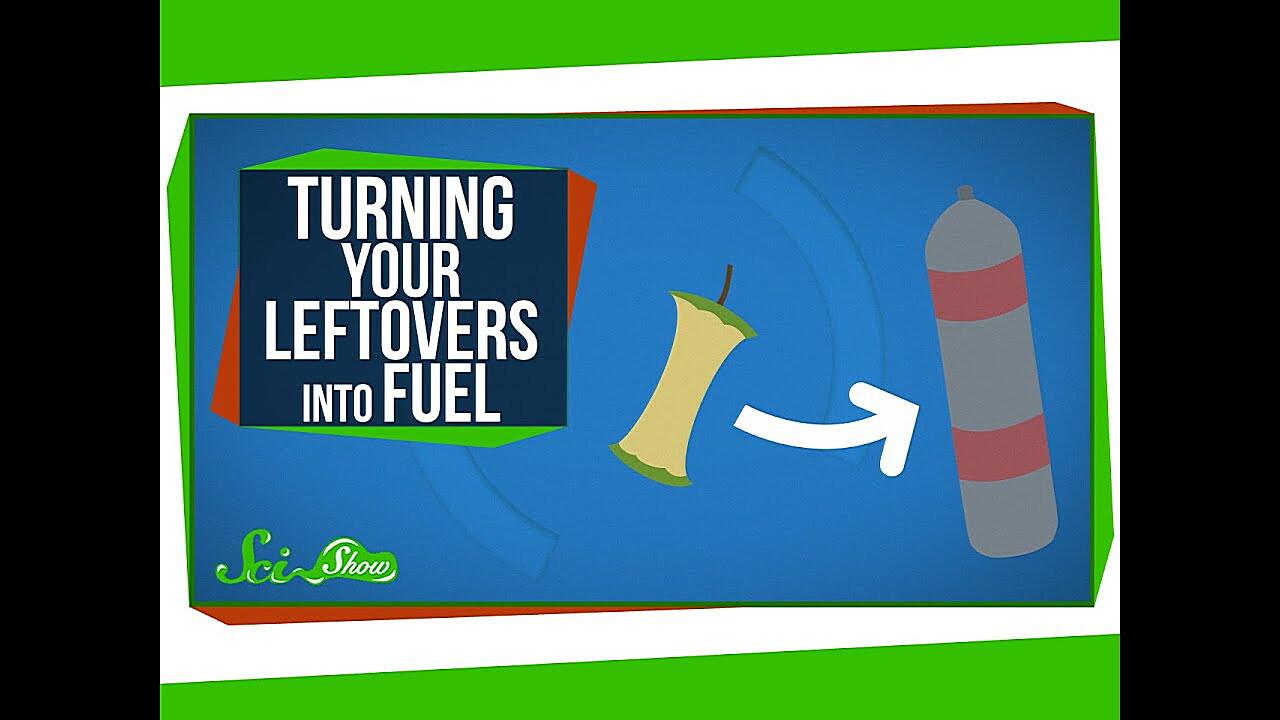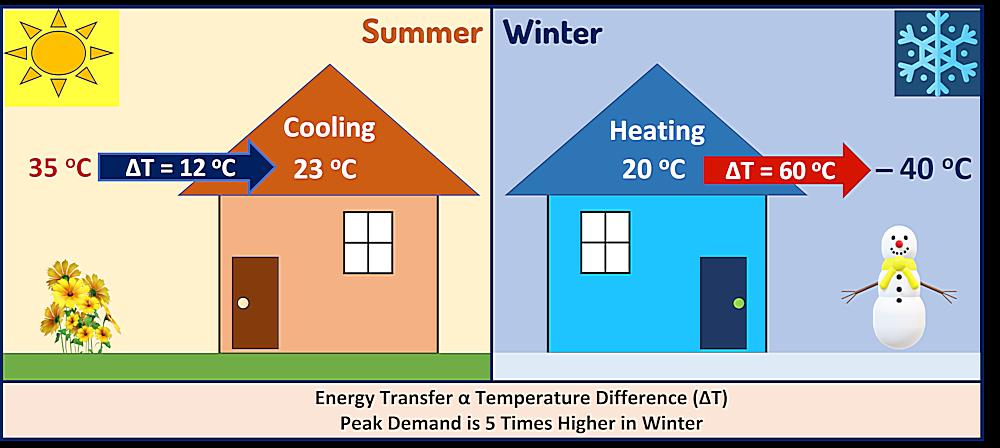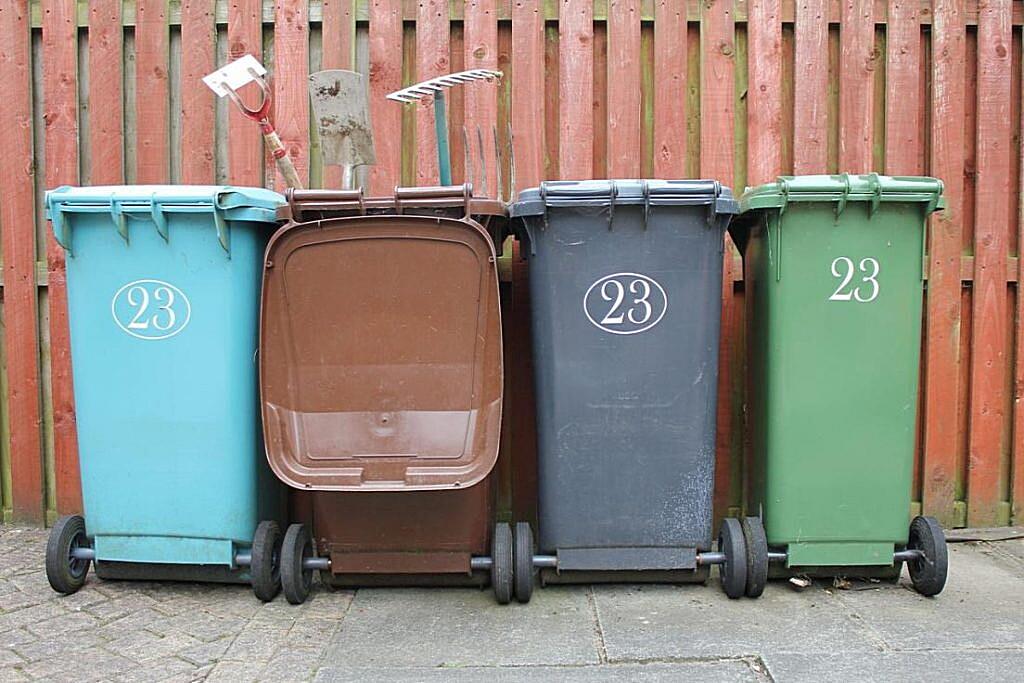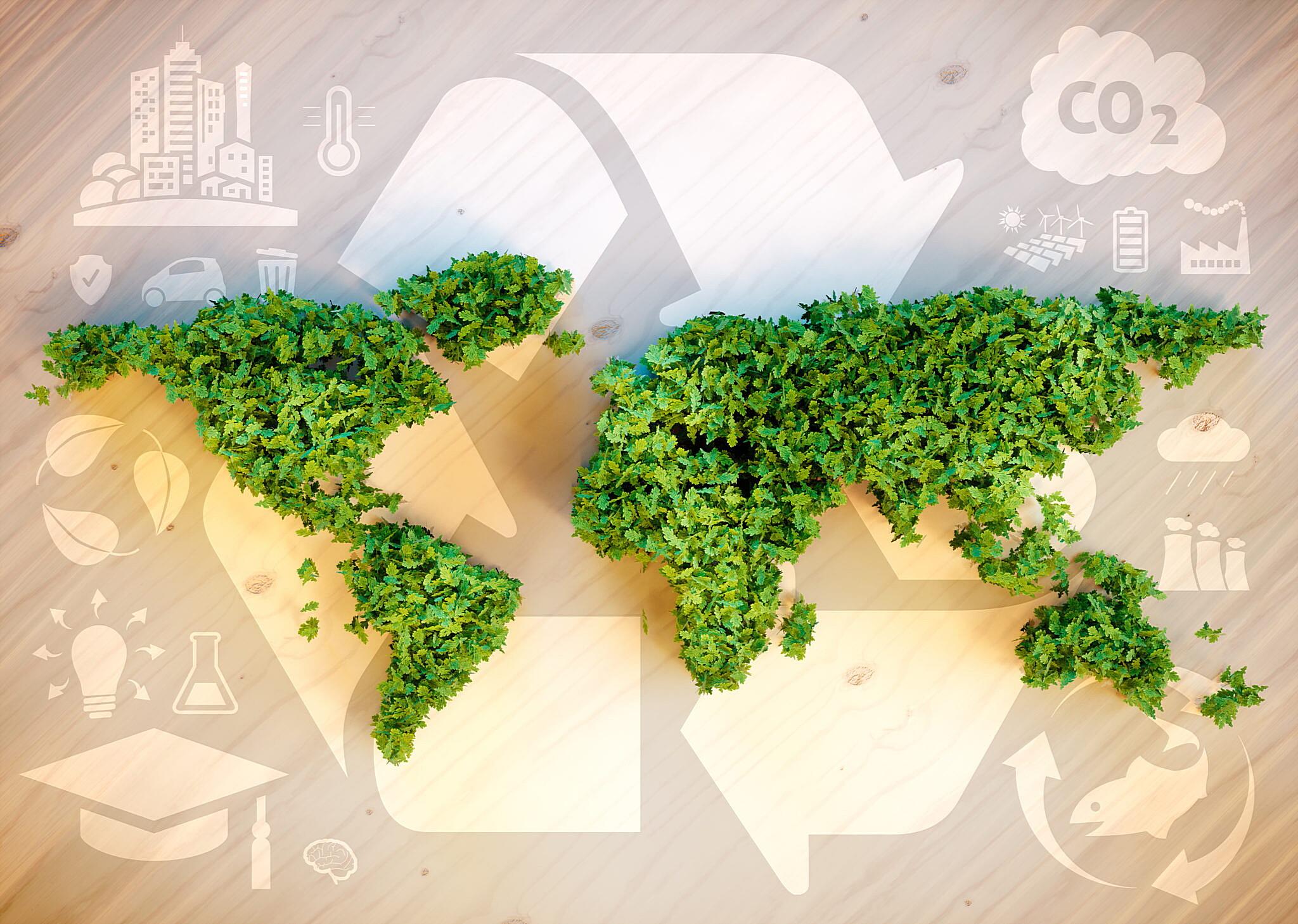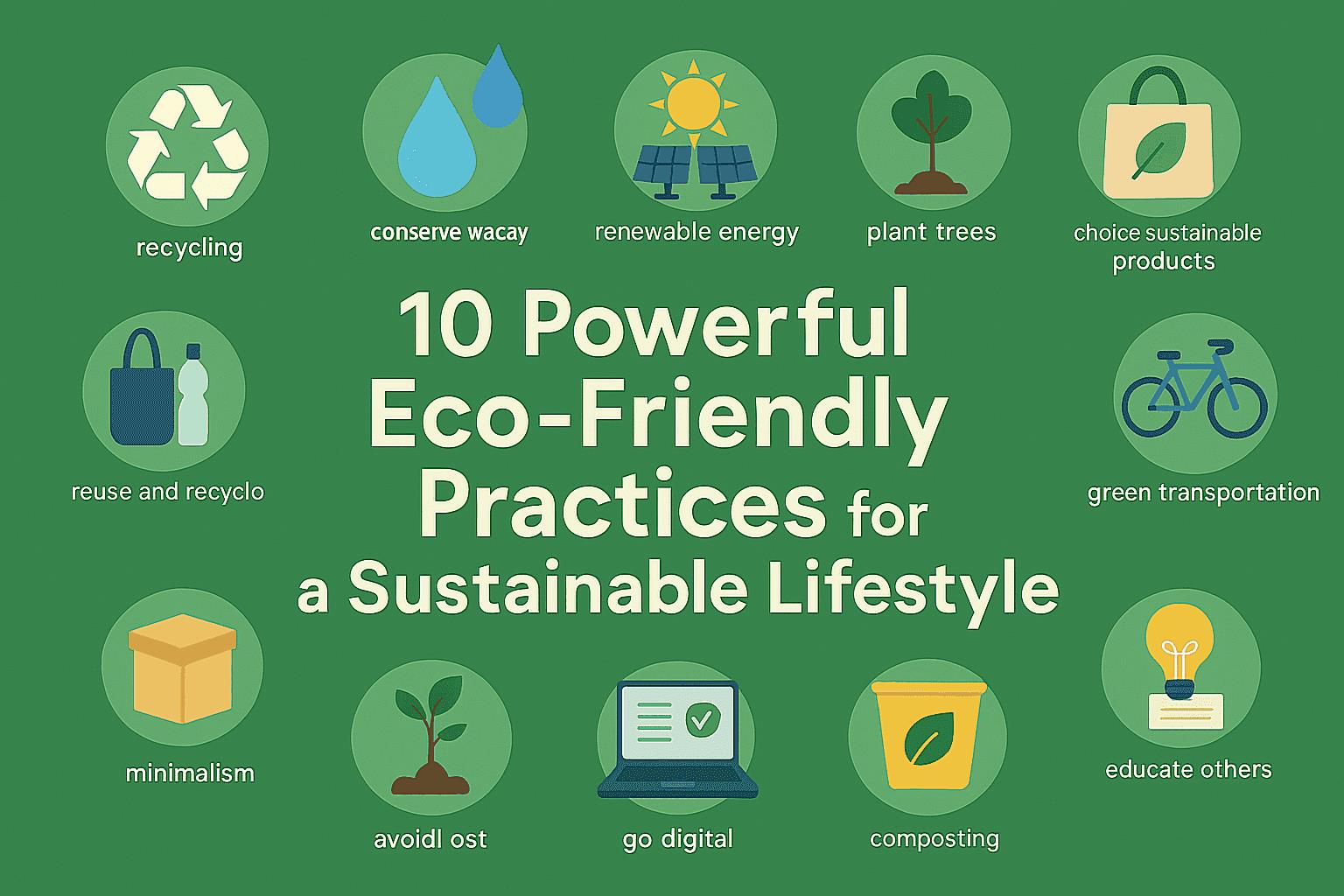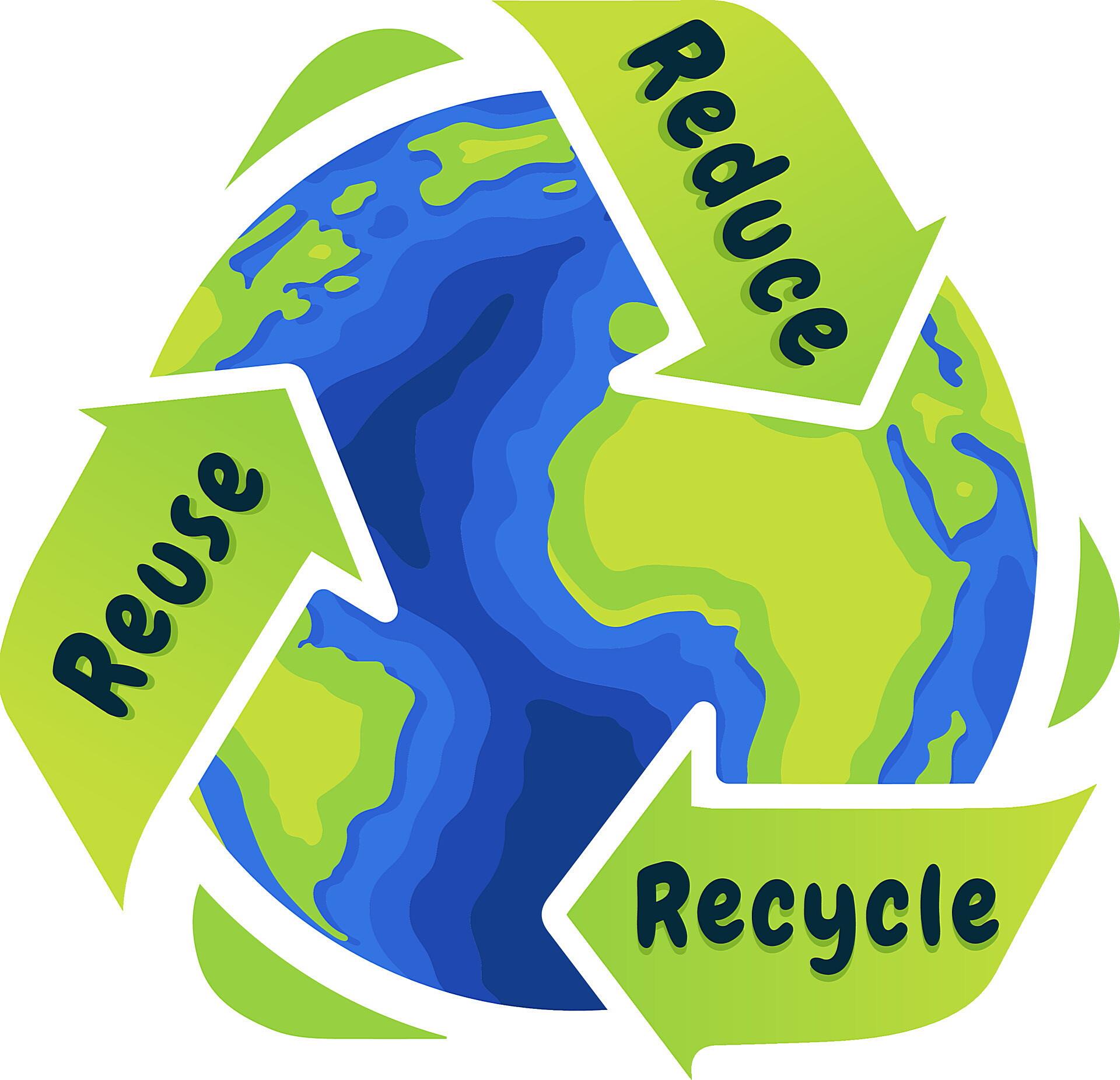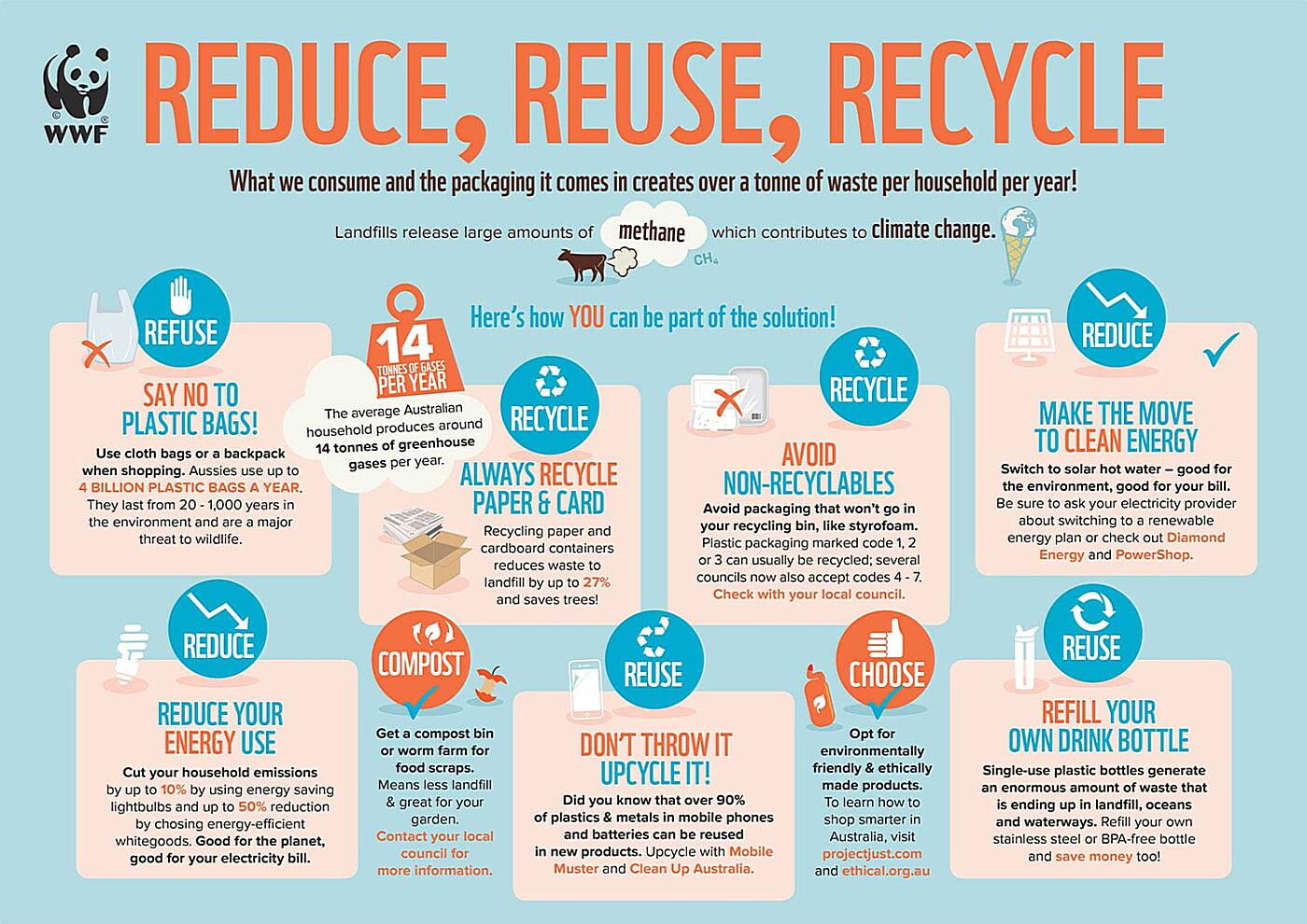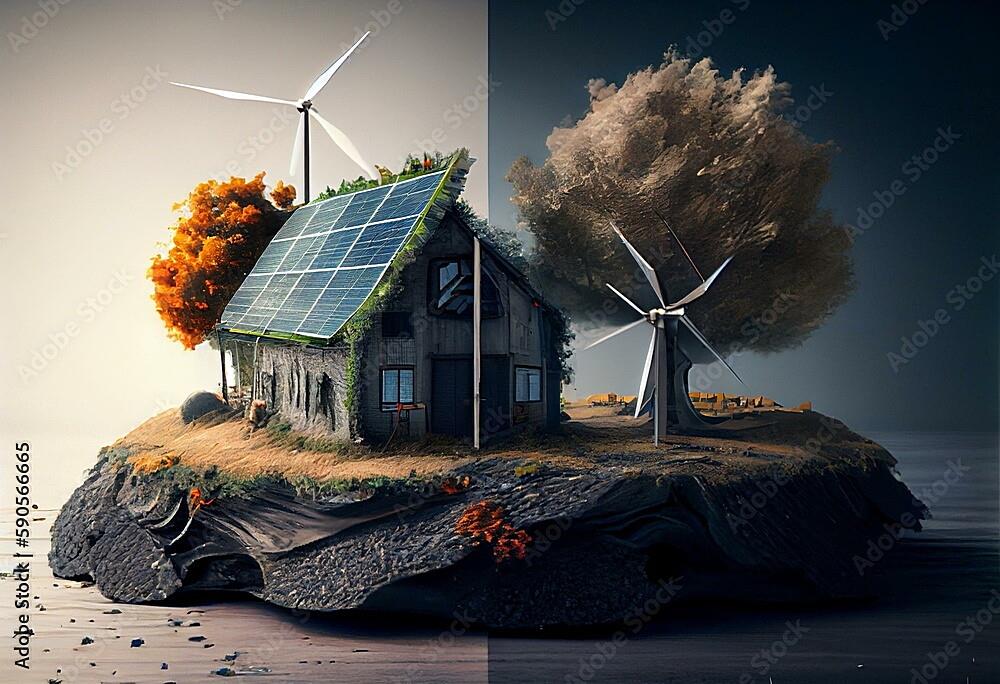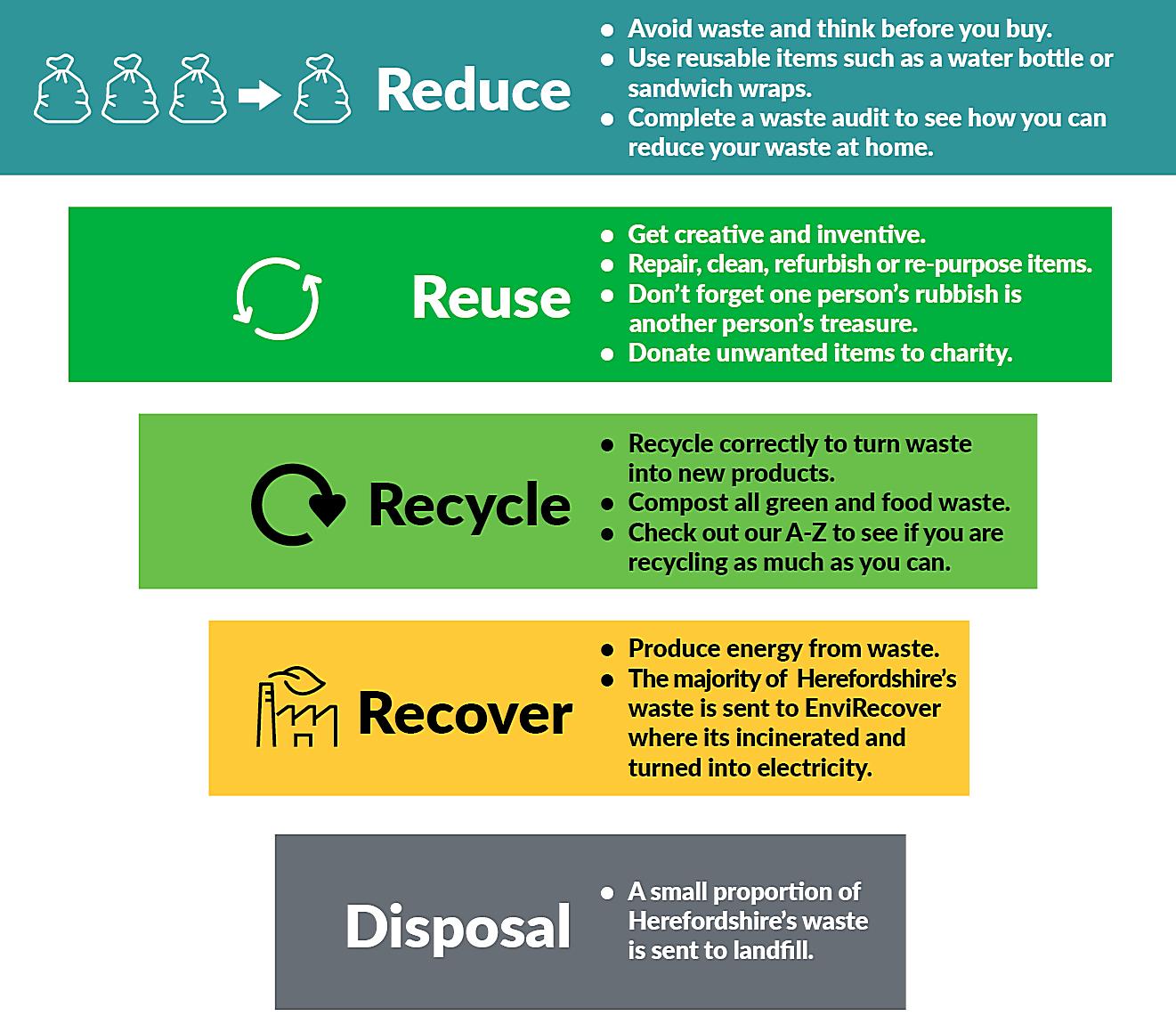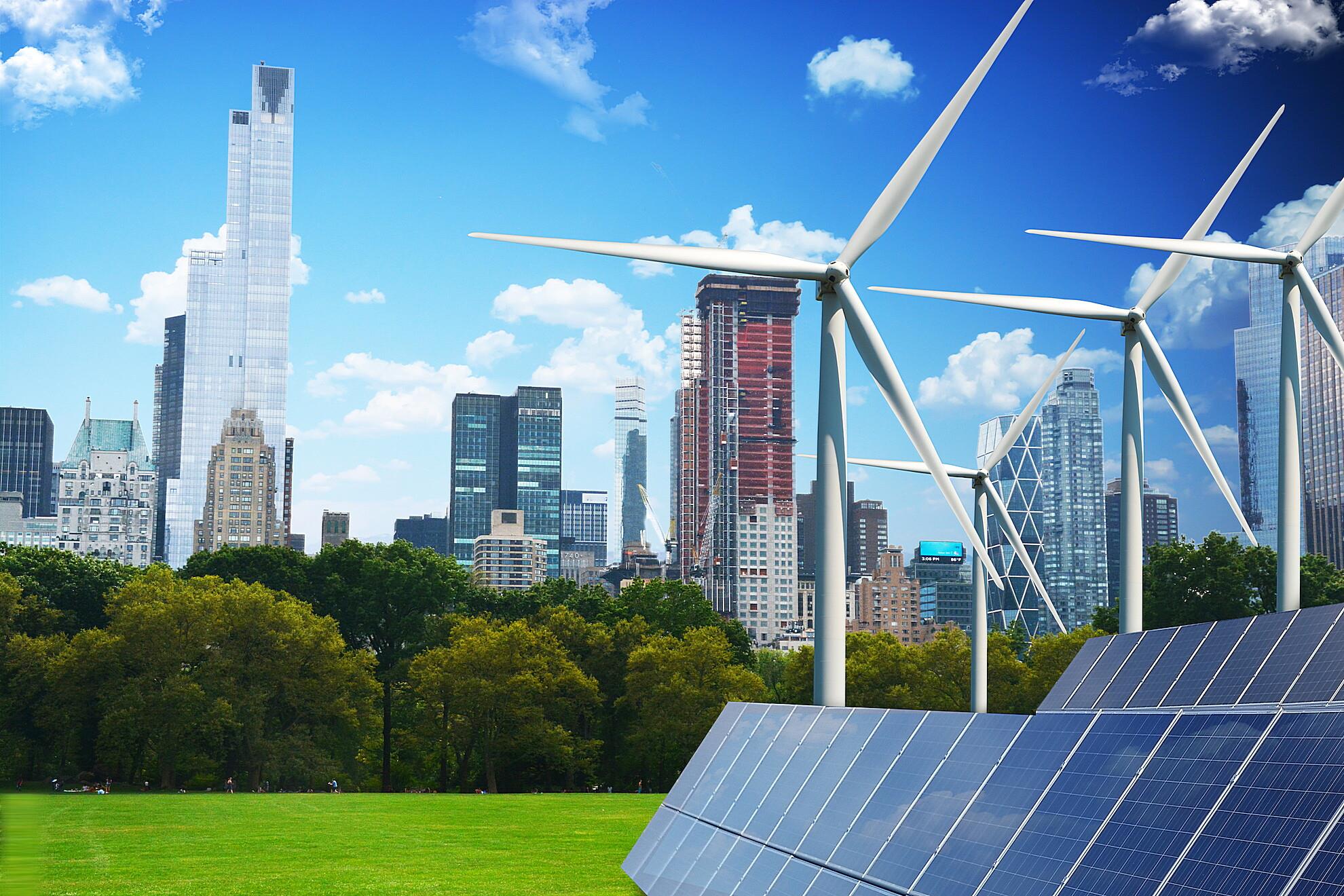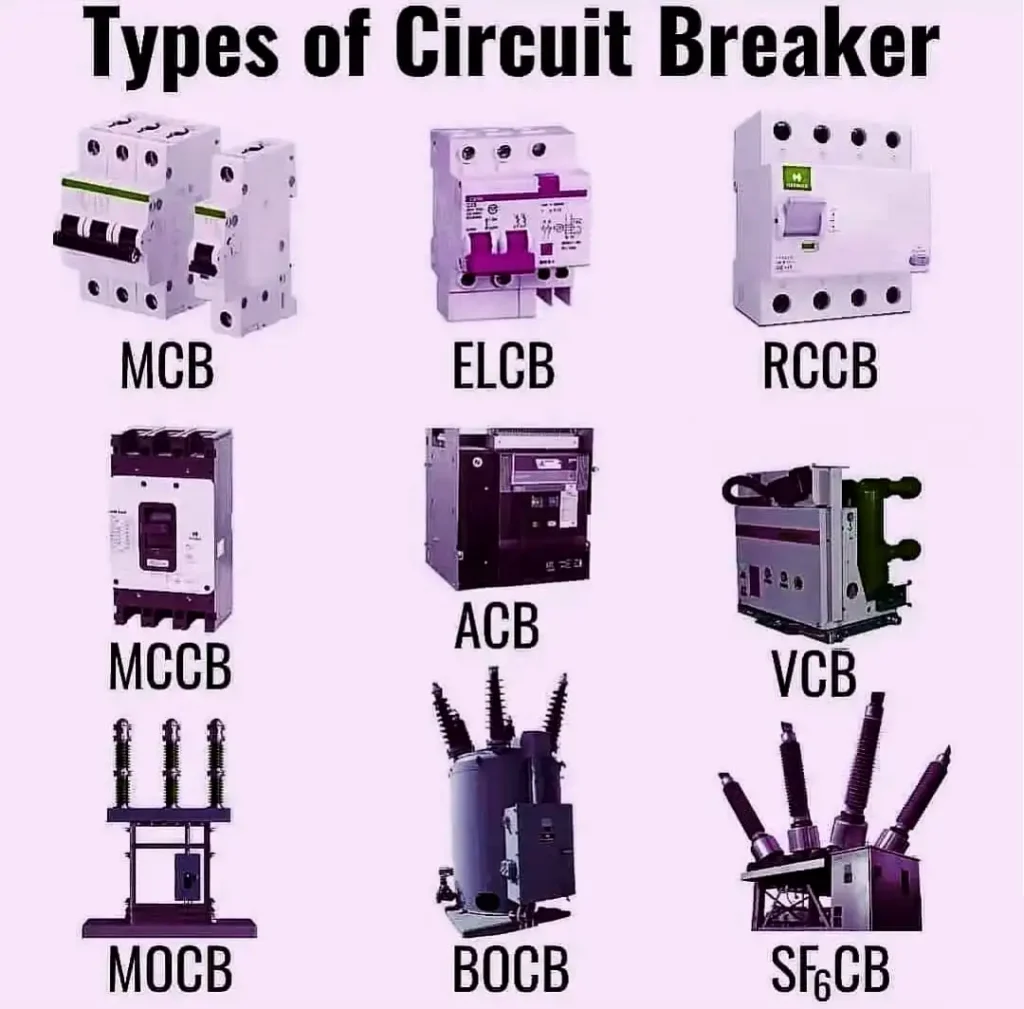You May Also Like :
The Intriguing Question
1. Understanding Energy’s Many Forms
Alright, let’s dive straight into it. The burning question: can you reuse energy? Well, hold on to your hats, because the answer isn’t a simple yes or no. Energy, in its pure form, is constantly transforming. Think of it like this: you can’t exactly “reuse” the gasoline you burn in your car, but the energy from that gasoline becomes something else entirely — movement, heat, and even sound! So, the key isn’t necessarily reusing the same energy, but rather capturing and converting it.
One of the core principles we need to understand is the Law of Conservation of Energy. This law, a cornerstone of physics, states that energy cannot be created or destroyed, only transformed from one form to another. That gasoline example is a perfect demonstration. We don’t “lose” the energy; it morphs into something else. That’s why that whole “perpetual motion” idea is a no-go — there’s always some energy loss due to friction, heat, or other factors.
Think about solar panels. They don’t “create” energy; they convert the sun’s light energy into electricity. It’s a beautiful example of energy transformation in action. Or consider hydroelectric dams; they harness the potential energy of water stored at a higher elevation and convert it into kinetic energy as the water flows downhill, which then spins turbines to generate electricity. The energy isn’t being created, just changed.
So, circling back to the original question, can you reuse energy? Kind of! You can capture and convert energy that has already been used or is in a less usable form and transform it into something more valuable. It’s less about reusing the “same” energy and more about cleverly redirecting energy’s flow.
Harnessing “Waste” Energy
2. Capturing and Converting Lost Energy
Now, let’s talk about “waste” energy. We often think of energy being wasted when, in reality, it’s just dispersed or converted into a less useful form, like heat. For instance, the heat radiating off your computer, or the warm air escaping from your refrigerator, or even the heat generated by a car engine — these are all examples of energy that we could potentially capture and put to good use.
Industrial processes are a prime example of where a huge amount of “waste” heat is generated. Steam is frequently employed in manufacturing, and that steam sometimes escapes into the environment. Innovative companies are using heat exchangers to capture this heat and recycle it back into other processes, reducing energy consumption and lowering costs. It’s a win-win!
Another exciting area is regenerative braking in electric and hybrid vehicles. When you brake in a regular car, that kinetic energy is converted into heat by the friction of the brake pads, and that heat dissipates into the air. In regenerative braking systems, much of that kinetic energy is converted back into electricity and used to recharge the car’s battery. It’s a clever way to reclaim energy that would otherwise be lost.
So, “waste” energy might be better thought of as energy in transition, waiting for a clever human to redirect it toward a more useful purpose. This shift in perspective is essential as we strive for a more sustainable energy future.
Real-World Examples of Energy Reuse
3. From Industrial Plants to Everyday Life
Okay, enough theory! Let’s get into some real-world examples of how people are reusing energy (or, more accurately, converting it). One cool example is combined heat and power (CHP) systems, also known as cogeneration. These systems generate electricity and capture the “waste” heat from the electricity generation process to provide heating and cooling for buildings. It’s incredibly efficient, using a single fuel source to meet multiple energy needs.
Data centers, those massive hubs of servers that power the internet, generate a ton of heat. Some innovative data centers are capturing this heat and using it to heat nearby buildings or greenhouses. This not only reduces the data center’s environmental impact but also provides a valuable resource for the surrounding community. Smart stuff, right?
Even on a smaller scale, energy reuse is becoming more common. Geothermal heat pumps, for example, use the relatively constant temperature of the earth to heat and cool homes. During the winter, they extract heat from the ground to warm the house, and in the summer, they transfer heat from the house back into the ground. It’s a highly efficient way to regulate temperature, reducing reliance on fossil fuels.
And let’s not forget about everyday conservation efforts like insulating your home properly. By reducing heat loss in the winter and heat gain in the summer, you’re essentially “reusing” the energy you’ve already used to heat or cool your home. It’s a simple but effective way to save energy and money.
Challenges and Opportunities in Energy Reuse
4. Overcoming Obstacles, Embracing Innovation
Now, while reusing energy (converting, capturing, redirecting — you get the idea!) sounds fantastic, there are definitely challenges to overcome. The initial cost of implementing energy reuse technologies can be a barrier for some businesses and individuals. Retrofitting existing buildings or industrial processes to capture and reuse energy requires investment.
Another challenge is the complexity of some of these systems. Designing and implementing efficient energy reuse systems requires expertise in engineering, thermodynamics, and other specialized fields. It’s not always a plug-and-play solution.
However, the opportunities are immense. As technology advances and the cost of renewable energy continues to decline, energy reuse becomes increasingly economically viable. Government incentives, such as tax credits and grants, can also help to encourage the adoption of these technologies.
Moreover, increasing awareness of the benefits of energy reuse — both environmental and economic — can drive demand for these solutions. Consumers are becoming more conscious of their energy footprint, and businesses are recognizing the competitive advantage of reducing energy costs.
Future of Energy Reuse
5. Investing in Tomorrow
The future of energy reuse is bright, driven by innovation, technological advancements, and a growing awareness of the need for sustainable energy solutions. We can expect to see even more sophisticated systems for capturing and converting waste heat, as well as new materials and technologies that improve the efficiency of energy conversion processes.
Smart grids, which use sensors and data analytics to optimize energy distribution, will play a crucial role in enabling energy reuse. By providing real-time information about energy demand and availability, smart grids can facilitate the integration of distributed energy resources, such as solar panels and wind turbines, and optimize the flow of energy throughout the system.
Furthermore, as energy storage technologies, such as batteries and pumped hydro storage, become more affordable and efficient, they will enable us to capture and store energy that would otherwise be wasted. This will allow us to use renewable energy sources more reliably and reduce our reliance on fossil fuels.
So, can we reuse energy? The answer is a resounding yes, but with a twist. It’s not about reusing the exact same energy molecule, but about creatively capturing, converting, and redirecting energy flows to create a more efficient and sustainable energy future. It’s an exciting challenge, and one that holds immense promise for a cleaner, greener world.
